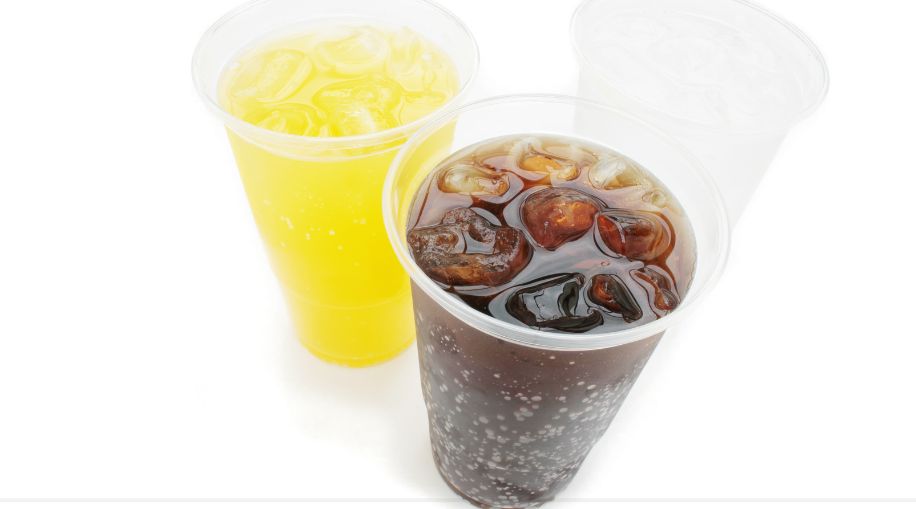Beverages You Should Probably Avoid
Chronic obstructive pulmonary disease, also known as COPD, is a condition of the lungs that makes it difficult to breathe by reducing airflow to the lungs. It’s essential to avoid drinks that might exacerbate the condition. This article will explore the 10 worst beverages to drink if you are living with COPD.
10 Worst Drinks for COPD
1. Carbonated Drinks
Carbonated drinks, such as sodas, seltzers and sparkling water, have high amounts of bubbles which can make COPD symptoms worse. This excess gas can press against the diaphragm, making it harder to breathe. In addition, the high levels of sugar and caffeine that can be found in sodas have been shown to contribute to dehydration and inflammation.
2. Coffee
On the subject of caffeine, coffee contains high amounts of caffeine has been shown to exacerbate COPD symptoms. This is because caffeine can dehydrate the body, which leads to thicker mucus, making it harder for people with COPD to clear their airways. Additionally, caffeine may interfere with certain COPD medications, such as bronchodilators, reducing their effectiveness.
3. Creamy Shakes
Milk shakes, smoothies and drinks with excessive levels of cream and milk should be avoided for people with COPD. These kinds of creamy drinks can worsen mucus production in the lungs. They can also be heavy and lead to bloating, making it harder to breathe for people with COPD.
4. Sugary Drinks
Fruit juices that are high in sugar can cause inflammation in the body, which can worsen COPD symptoms. While some juices contain beneficial vitamins, the high sugar content found in many commercially available options outweighs the benefits. The added sugar also contributes to dehydration, which can make managing COPD more challenging.
5. Alcohol
Alcohol can depress the respiratory system and reduce lung function, particularly when consumed in large quantities. It also interacts negatively with certain COPD medications, potentially worsening symptoms. Alcohol can also lead to dehydration, making the mucus in the lungs thicker and harder to expel, exacerbating breathing difficulties.
6. Flavored Lattes
Flavored lattes are full of caffeine, dairy and sugar, all of which are ingredients that can worsen COPD. The sugar and dairy can increase mucus production, while caffeine contributes to dehydration. This combination of ingredients can make it harder for COPD patients to breathe.
7. Full-Fat Milks
Full-fat dairy products, including milk, can increase mucus production, which is problematic for people with COPD who already struggle with excess mucus. This additional mucus can lead to more frequent coughing and difficulty clearing the airways, causing discomfort and shortness of breath. Consider opting for non-dairy milk, such as almond, oat or soy.
8. Teas with Sugar
It can be tempting to add lots of sugar and syrups to your teas. But if possible, try to resist. Adding excessive levels of sugar to your tea can worsen COPD and make the symptoms more difficult to manage.
9. Energy Drinks
Energy drinks are packed with caffeine and sugar, both of which are detrimental to people with COPD. The caffeine content can increase heart rate and make breathing more difficult, while the sugar can trigger inflammation and worsening lung function. These drinks also contribute to dehydration, which is particularly dangerous for COPD patients.
10. Cocktails
The combination of alcohol and sugar in cocktails should be avoided for people with COPD. These ingredients can lead to dehydration, inflammation and increased mucus production, exacerbating symptoms.
The Importance of Maintaining a Healthy Diet with COPD
While lung health and dietary choices might seem unrelated, studies show that our diets have an impact on our entire body’s well-being, which extends to the lungs. This is why those with COPD need to be very aware of their diet choices, as the foods and drinks they consume can either support lung function or exacerbate symptoms. Indeed, a healthy diet doesn’t only look like choosing the right foods; it also involves adopting healthy habits, such as:
- Focusing on hydration.
- Introducing nutrient-dense foods
- Avoiding mucus-producing foods.
- Eating small, frequent meals.
Read on to learn about some drinks you should avoid with diabetes.
